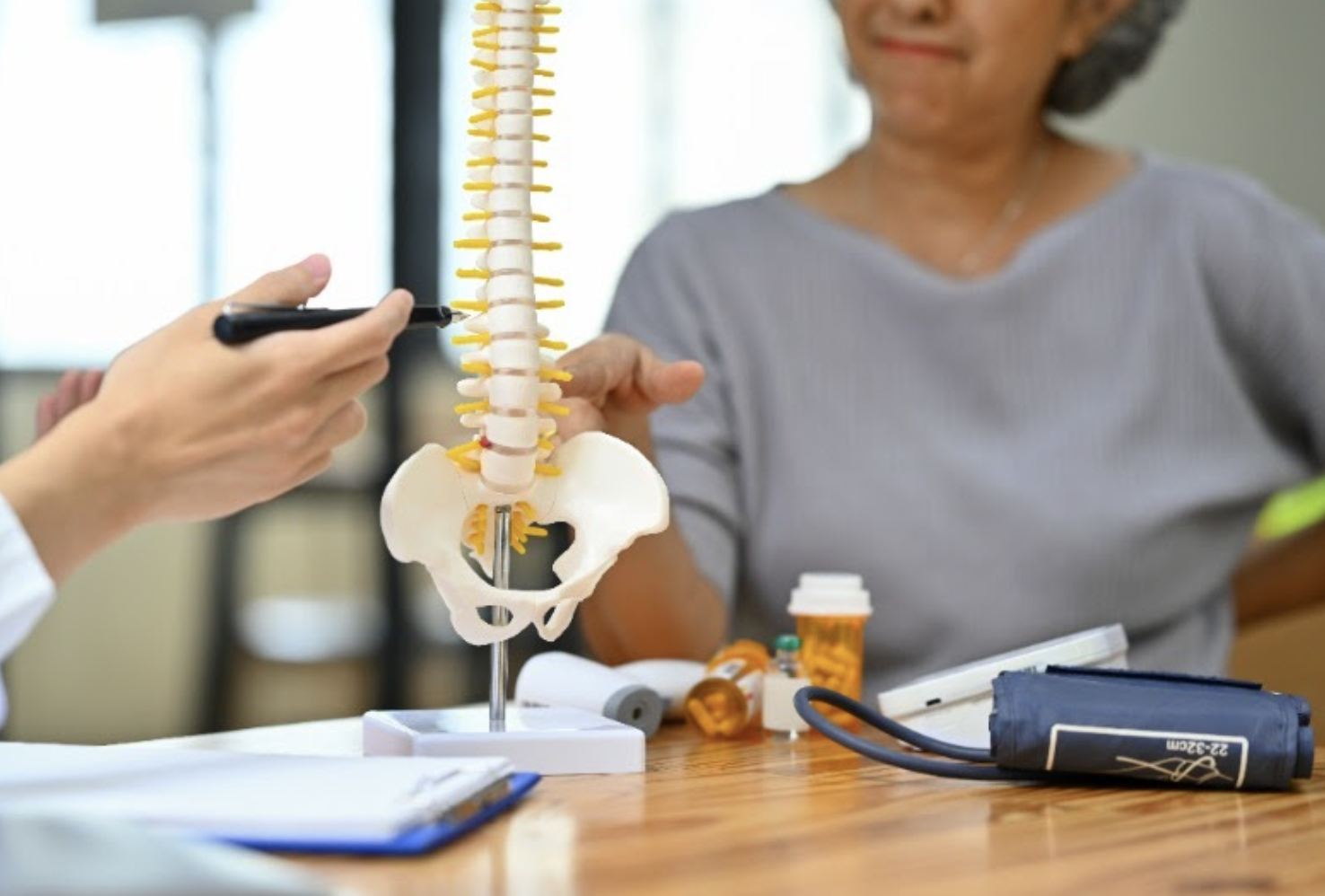A herniated disc can be a painful and debilitating condition, often leading to concerns about long-term health and mobility. Many people wonder: Can a herniated disc heal on its own, or is medical intervention always necessary? This blog explores the myths and facts surrounding herniated disc recovery, helping you understand the best path forward for relief and healing.
What Is a Herniated Disc?
A herniated disc, also known as a slipped disc or ruptured disc, occurs when the soft, gel-like center of a spinal disc pushes through a tear in the outer layer. This can put pressure on nearby nerves, leading to lower back pain, sciatica, numbness, and weakness in the legs or arms, depending on the affected area of the spine.
Myth #1: A Herniated Disc Will Never Heal Without Surgery
Fact: Many herniated discs can improve without surgery.
While severe cases may require spinal surgery, the body has natural healing mechanisms that can help reduce inflammation and absorb the herniation over time. Most people with a herniated disc improve with conservative treatments such as:
- Physical therapy to strengthen muscles and improve posture.
- Chiropractic care to improve spinal alignment.
- Pain management injections to reduce inflammation.
- Anti-inflammatory medications to relieve discomfort.
Surgery, such as microdiscectomy or spinal fusion, is typically only recommended if symptoms persist for more than six months or cause severe neurological issues like loss of bladder or bowel control.
Myth #2: Bed Rest Is the Best Way to Heal a Herniated Disc
Fact: Prolonged rest can actually slow recovery.
While short-term rest can help during intense pain flare-ups, extended bed rest can lead to muscle weakness and stiffness, making pain worse. Instead, gentle movement, stretching, and low-impact exercises can promote healing and maintain spinal flexibility.
Myth #3: Pain Equals Permanent Damage
Fact: Pain from a herniated disc does not always mean long-term damage.
A herniated disc may cause significant pain, but with the right treatment, many people recover fully. Pain is often caused by inflammation and nerve irritation, not permanent structural damage. Epidural steroid injections and physical therapy can help reduce pain and promote healing.
Myth #4: If You Have a Herniated Disc, You Should Avoid Exercise
Fact: The right exercises can help strengthen the spine and aid recovery.
While high-impact activities like running or heavy lifting may worsen symptoms, gentle exercises like yoga, swimming, and core-strengthening routines can improve flexibility and reduce pressure on the affected disc. A physical therapist can create a customized exercise plan to support recovery.
How Long Does It Take for a Herniated Disc to Heal?
The healing time for a herniated disc varies based on age, severity, and overall health. In most cases:
- Mild to moderate herniations may heal in 4 to 6 weeks with proper care.
- Severe cases may take 3 to 6 months to improve.
- With physical therapy and pain management, many patients experience significant relief within a few months.
When to See a Doctor for a Herniated Disc
While many cases of herniated discs improve naturally, medical attention is needed if you experience:
- Severe or worsening pain that does not improve with rest.
- Numbness, tingling, or weakness in the legs or arms.
- Loss of bladder or bowel control (a medical emergency).
- Difficulty walking or standing for long periods.
At the International Spine and Sports Institute (ISSI), our team of spine specialists provides advanced treatments, including pain management injections, physical therapy, and minimally invasive spinal surgery, to help patients recover and regain mobility.
While a herniated disc can heal on its own with the right non-surgical treatments and lifestyle changes, seeking professional care is essential to prevent complications and improve quality of life. If you’re struggling with a herniated disc, contact the International Spine and Sports Institute to explore your treatment options today.

